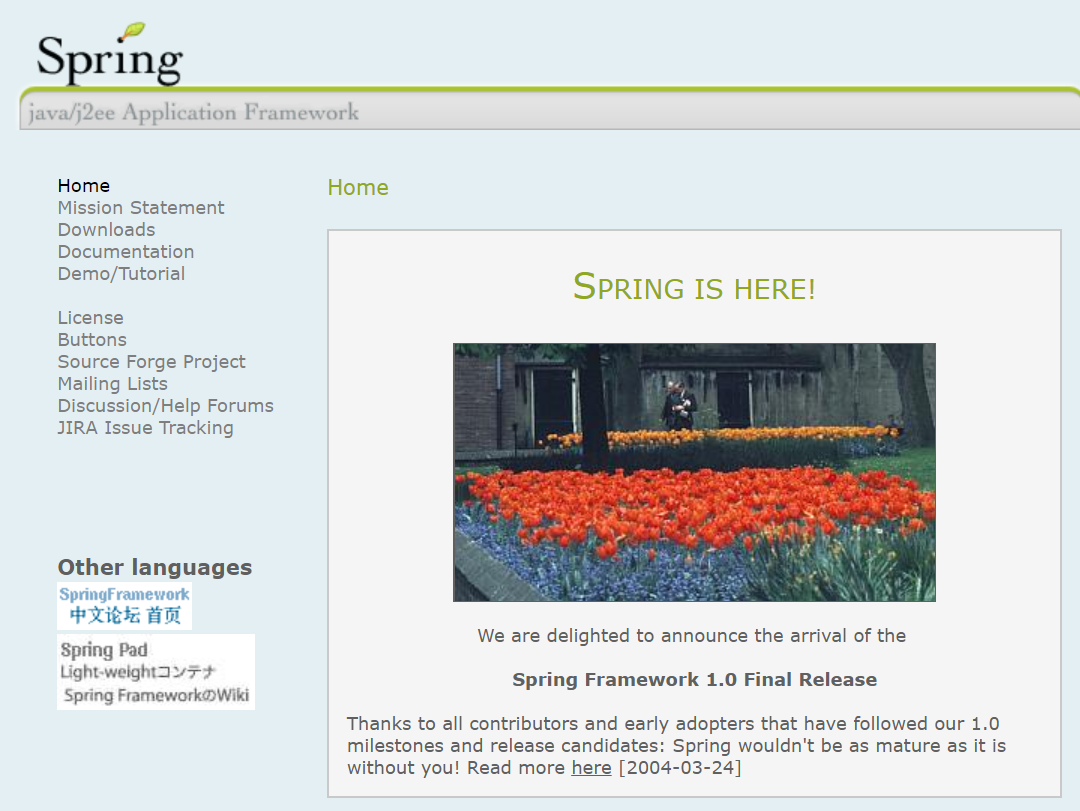Details unter https://spring.io/blog/2022/10/20/spring-boot-3-0-0-rc1-available-now,
Mein Spring-Boot-Buch entwickelt sich gut, es gibt keine großen Showstopper. Hibernate 6 ergibt bei einer @ManyToMany Assoziation eine komischer Ausnahme, das was bei Hibernate 5 nicht so war; zum Glück, wenn man von EAGER auf LAZY geht (ist eh Standard), ist das kein Problem mehr.
Kleine Änderungen gegenüber SB 2 betreffen @AutoConfiguration bei eigenen Autokonfigurationen, aber im Allgemeinen ist der Aufwand für eine SB 3-Migration gering, da SB 2.7 verschiedene Sachen vorbereitet hat, etwa spring.factories fällt weg oder der WebSecurityConfigurerAdapter.
Der https://github.com/spring-projects-experimental/spring-boot-migrator kann automatisch migrieren.
Meine aktuellen Spring-Kurse basieren auf SB 2, im nächsten Jahr werde ich diese zu einem großen Kurs zusammenfassen, der dann auf SB 3 basiert.



